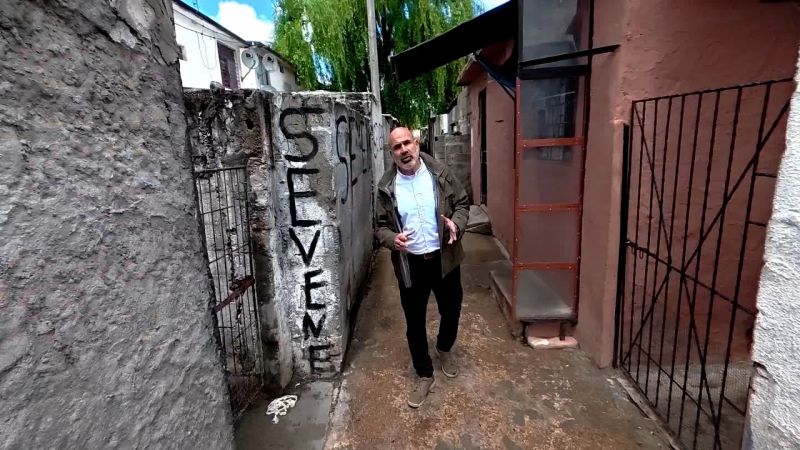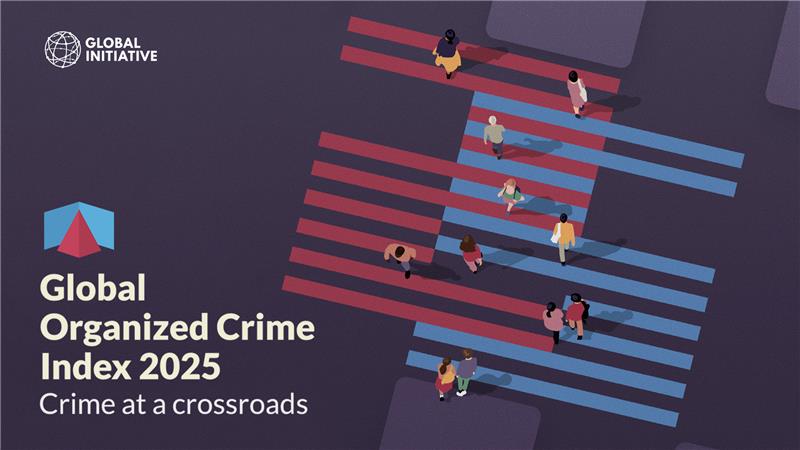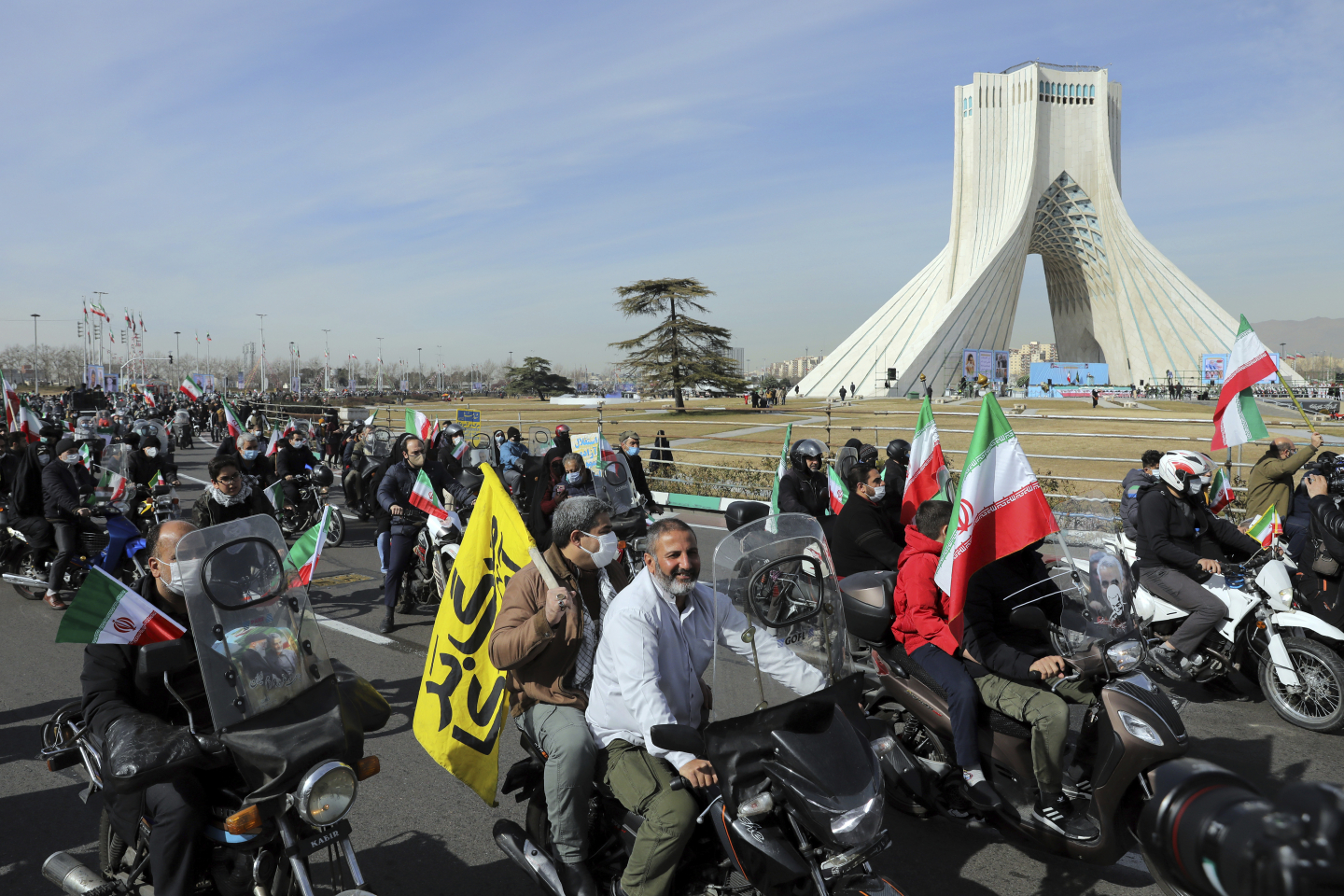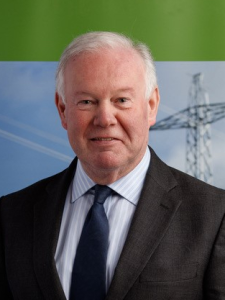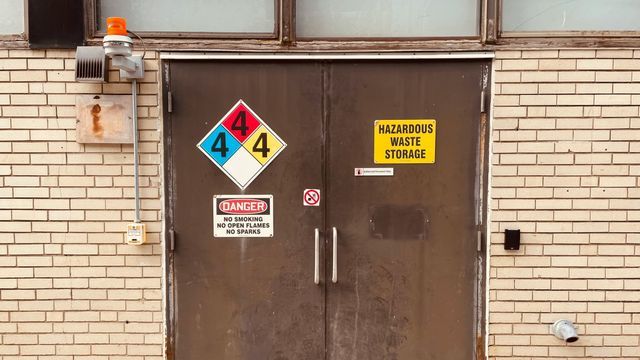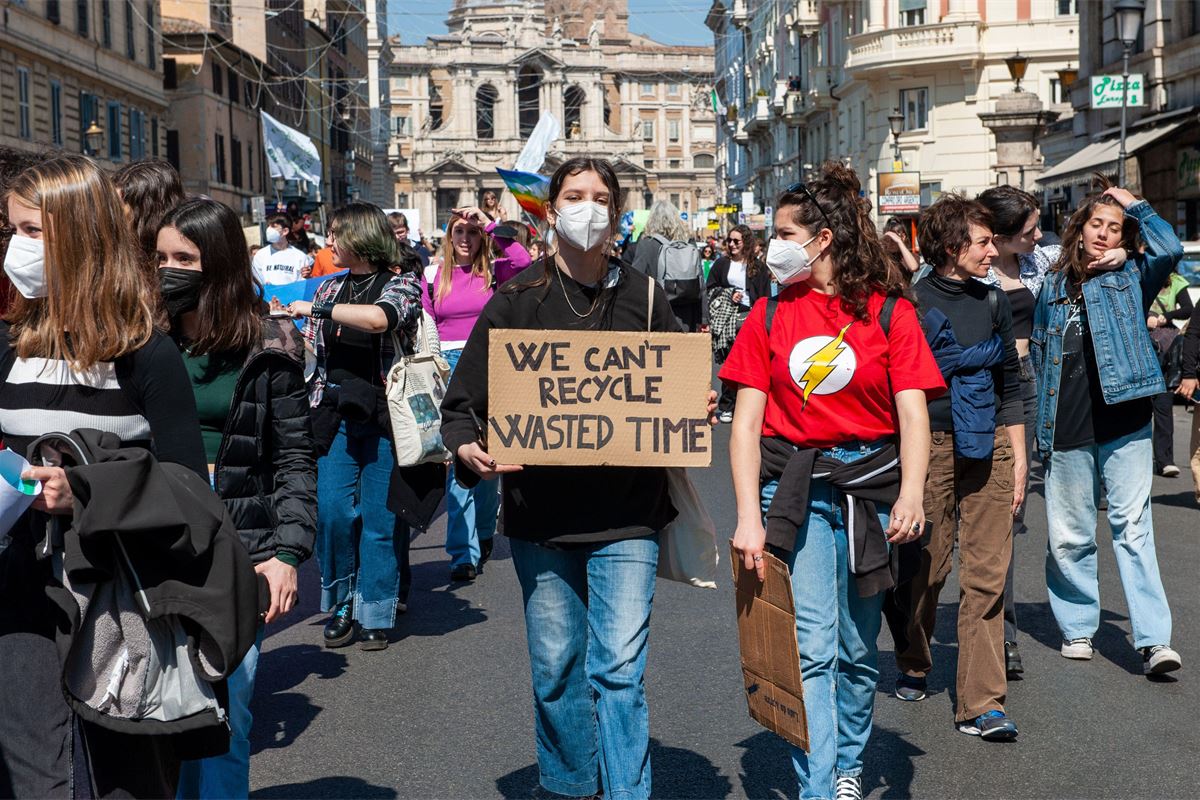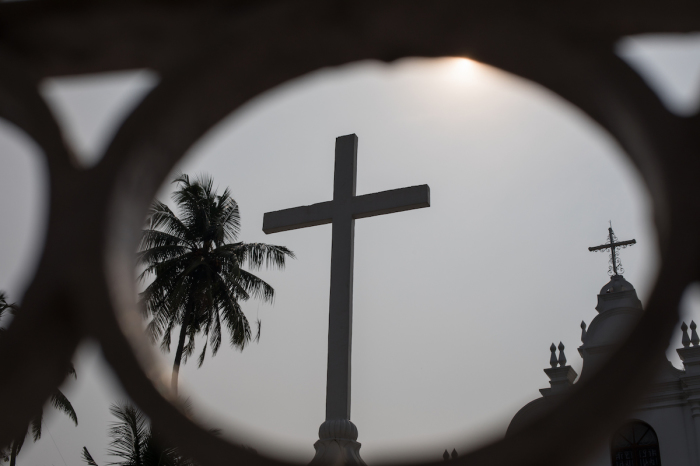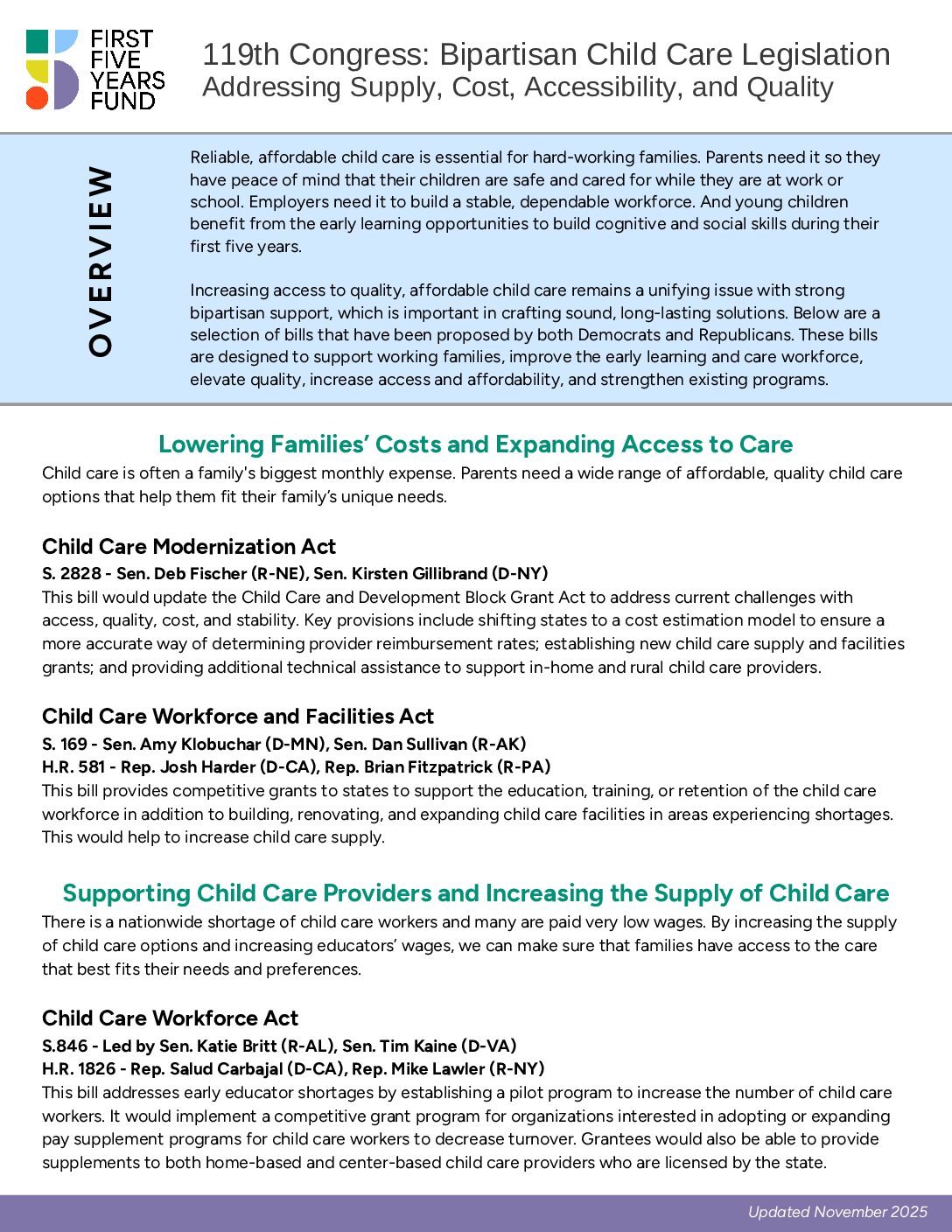Cuba: Social Classes Without Masks or Disguises – Havana Times

Report on Social Disparity and Institutional Failures in Cuba in Relation to Sustainable Development Goals
Introduction
A recent political event, the resignation of Cuba’s Minister of Labor and Social Security, has highlighted significant challenges to the nation’s progress towards the United Nations’ Sustainable Development Goals (SDGs). The incident and its aftermath reveal deep-seated issues concerning poverty, inequality, and institutional integrity, directly impacting key SDGs.
Analysis of SDG 1 (No Poverty) and SDG 8 (Decent Work and Economic Growth)
Official Statements vs. Socioeconomic Reality
The minister’s resignation was prompted by a televised speech to the National Assembly in which she denied the existence of indigence in Cuba. This assertion directly contravenes the fundamental objective of SDG 1: No Poverty, which aims to end poverty in all its forms everywhere.
- The minister characterized individuals in states of destitution as “lazy people who didn’t want to work,” framing poverty as a personal choice rather than a systemic issue.
- This narrative was met with widespread public criticism, indicating a significant disconnect between official discourse and the lived experiences of the population.
- The subsequent forced resignation implies an official, albeit indirect, acknowledgment of the existence of poverty and the inaccuracy of the minister’s statement.
Challenges to Decent Work and Economic Viability
The controversy has also exposed the fragility of Cuba’s commitment to SDG 8: Decent Work and Economic Growth. The foundational state ideology posits that dignified life is achievable through labor. However, the government’s handling of the minister’s “error” suggests an admission that this principle is not a reality for many citizens.
- The minister’s claim that work is readily available for all was effectively refuted by the government’s own corrective action.
- This acknowledges that the possibility of “living off one’s labor” is, for a segment of the population, a myth.
- The situation underscores a failure to create conditions for sustained, inclusive economic growth and productive employment for all, a core target of SDG 8.
Examination of SDG 10 (Reduced Inequalities)
Evidence of a Deepening Social Divide
The incident has brought the issue of social stratification to the forefront, indicating a regression in achieving SDG 10: Reduced Inequalities. A pervasive “us versus them” narrative, distinguishing the ruling elite from the general populace, now characterizes public and even official discourse.
- President Miguel Diaz-Canel’s rhetoric has been noted for separating “us” (the establishment) from “the people,” formalizing a division that undermines national unity.
- Public discourse increasingly references class conflict, with citizens drawing distinctions between their own precarious existence and the perceived luxury of leaders and business owners.
- This growing divide between a governing oligarchy and a population in “survival mode” is a direct challenge to the goal of reducing inequality within the country.
Assessment of SDG 16 (Peace, Justice and Strong Institutions)
Deficits in Institutional Accountability and Transparency
The response of the National Assembly of People’s Power to the minister’s speech highlights critical weaknesses in governance, which are central to SDG 16: Peace, Justice and Strong Institutions. The lack of dissent or questioning from parliamentary deputies points to a failure of institutional accountability.
- Deputies present during the speech either applauded or remained silent, effectively endorsing a statement that was later deemed unacceptable by the party leadership.
- Public figures and citizens have since called for accountability measures against the deputies who supported the minister’s claims.
- The absence of any reported disciplinary action or transparent investigation into the parliament’s conduct undermines public trust and the principles of effective, accountable, and inclusive institutions at all levels.
Conclusion: Implications for Cuba’s 2030 Agenda Commitments
The events surrounding the minister’s resignation reveal systemic obstacles to Cuba’s fulfillment of the Sustainable Development Goals. The exposed realities of poverty (SDG 1), the lack of universal access to decent work (SDG 8), widening social inequalities (SDG 10), and a deficit in institutional accountability (SDG 16) demonstrate a significant gap between state ideology and the welfare of the Cuban people. The erosion of social cohesion and the breakdown of the partnership between the state and its citizens, a cornerstone of SDG 17 (Partnerships for the Goals), presents a fundamental barrier to achieving a sustainable and equitable future for the nation.
SDGs Addressed in the Article
SDG 1: No Poverty
- The article’s central theme is the existence of poverty in Cuba, personified by the “indigents,” “beggars,” and “destitute” population. The controversy surrounding the Minister of Labor and Social Security’s denial of this reality directly addresses the challenge of ending poverty in all its forms. The text mentions “numerous official studies on poverty in Cuba for decades,” confirming that this is a recognized and persistent issue.
SDG 10: Reduced Inequalities
- The article strongly highlights the growing gap between the ruling class and the general population. It uses phrases like “us versus them,” “massive divide between the oligarchy and the population in survival mode,” and “100% Class Division” to describe the social stratification. This directly connects to the goal of reducing inequality within a country.
SDG 8: Decent Work and Economic Growth
- The narrative challenges the idea that people can live off their labor in Cuba, calling it a “myth” and a “falsehood.” The mention of individuals in “precarious employment” and the minister’s claim that beggars are just “lazy people who didn’t want to work” puts the issue of employment, or the lack thereof, at the center of the poverty discussion, linking it to the goal of achieving decent work for all.
SDG 16: Peace, Justice and Strong Institutions
- The article critiques the Cuban government’s institutions, describing the parliament as a body that does not represent the people and “almost always vote unanimously to approve the government’s… proposals… with little or no debate.” It points to a lack of accountability and transparency, as seen in the call for measures against deputies who supported the minister, which was met with “Zero transparency. No one at the top says anything.” This relates to the goal of building effective, accountable, and inclusive institutions.
SDG 7: Affordable and Clean Energy
- A specific example of the daily struggles faced by the population is the mention of an elderly neighbor “cooking a stew over charcoal in a large pot during a blackout.” The article specifies that “The power outage had already lasted about twelve hours,” pointing directly to a lack of reliable and modern energy services for the population.
Specific Targets Identified
-
Target 1.2: By 2030, reduce at least by half the proportion of men, women and children of all ages living in poverty in all its dimensions according to national definitions.
- The article’s reference to “numerous official studies on poverty in Cuba” and the public debate over the existence of “indigents” and the “destitute” directly relates to the challenge of reducing poverty as defined nationally.
-
Target 1.3: Implement nationally appropriate social protection systems and measures for all… and by 2030 achieve substantial coverage of the poor and the vulnerable.
- The controversy involves the Minister of Labor and Social Security, whose role is central to social protection. Her denial of the existence of beggars suggests a fundamental failure or inadequacy of the social protection systems meant to support the most vulnerable.
-
Target 10.2: By 2030, empower and promote the social, economic and political inclusion of all, irrespective of… economic or other status.
- The article describes a society with a clear “us” versus “them” mentality, where the “oligarchy” is detached from the “population in survival mode.” This points to a severe lack of social and economic inclusion for the poor.
-
Target 8.5: By 2030, achieve full and productive employment and decent work for all women and men…
- The article explicitly states that the “possibility of living off one’s labor… is nothing but a myth.” This, combined with the mention of “precarious employment,” directly addresses the failure to provide decent work opportunities for the population.
-
Target 16.6: Develop effective, accountable and transparent institutions at all levels.
- The article highlights a lack of accountability, noting that deputies who supported the minister’s controversial speech faced no consequences. The phrase “Zero transparency. No one at the top says anything” is a direct critique of the institutions’ failure to be accountable and transparent.
-
Target 16.7: Ensure responsive, inclusive, participatory and representative decision-making at all levels.
- The description of the National Assembly as a body where members “applauded her, supported her, or remained silent” and which is “known for never straying from the Communist Party line” indicates that it is not a responsive or representative institution. The public backlash on social media stands in stark contrast to the parliament’s silence.
-
Target 7.1: By 2030, ensure universal access to affordable, reliable and modern energy services.
- The anecdote of a citizen enduring a 12-hour power outage and resorting to cooking with charcoal is a clear example of the failure to provide reliable energy services, a key component of this target.
Implied Indicators for Measuring Progress
-
Proportion of population living in poverty
- This is implied by the central discussion about “indigents,” “beggars,” the “destitute,” and the existence of “official studies on poverty.” The number of people visibly living in such conditions serves as a direct, albeit informal, indicator.
-
Public perception of inequality and government accountability
- The article heavily relies on social media reactions, quotes from activists, academics, and ordinary citizens to illustrate the widespread feeling of class division and the demand for transparency and accountability from officials.
-
Availability of decent work and prevalence of precarious employment
- The assertion that living off one’s labor is a “myth” and the specific mention of “precarious employment” imply that the quality and availability of jobs can be used as an indicator to measure progress toward SDG 8.
-
Reliability of energy supply
- The specific mention of a “power outage [that] had already lasted about twelve hours” suggests that the frequency and duration of blackouts serve as a direct indicator of progress (or lack thereof) towards reliable energy access.
Summary Table of SDGs, Targets, and Indicators
| SDGs | Targets | Indicators (Mentioned or Implied in the Article) |
|---|---|---|
| SDG 1: No Poverty | 1.2: Reduce poverty according to national definitions. 1.3: Implement social protection systems. |
– Number of “indigents,” “beggars,” or “destitute” people. – Existence and findings of “official studies on poverty.” – Perceived effectiveness of social security systems. |
| SDG 10: Reduced Inequalities | 10.2: Promote social, economic, and political inclusion. | – Public perception of class division (“us” vs. “them”). – Lifestyle gap between the “oligarchy” and the “population in survival mode.” |
| SDG 8: Decent Work and Economic Growth | 8.5: Achieve full, productive employment and decent work. | – Prevalence of “precarious employment.” – Public belief in the ability to “live off one’s labor.” |
| SDG 16: Peace, Justice and Strong Institutions | 16.6: Develop effective, accountable, transparent institutions. 16.7: Ensure responsive, inclusive, and representative decision-making. |
– Lack of disciplinary measures for officials (“Zero transparency”). – Unanimity of votes in the National Assembly. – Discrepancy between public opinion (social media) and official actions. |
| SDG 7: Affordable and Clean Energy | 7.1: Ensure universal access to reliable energy. | – Frequency and duration of power outages (e.g., the “twelve hours” blackout). – Use of alternative cooking fuels like charcoal due to lack of electricity. |
Source: havanatimes.org

What is Your Reaction?
 Like
0
Like
0
 Dislike
0
Dislike
0
 Love
0
Love
0
 Funny
0
Funny
0
 Angry
0
Angry
0
 Sad
0
Sad
0
 Wow
0
Wow
0

